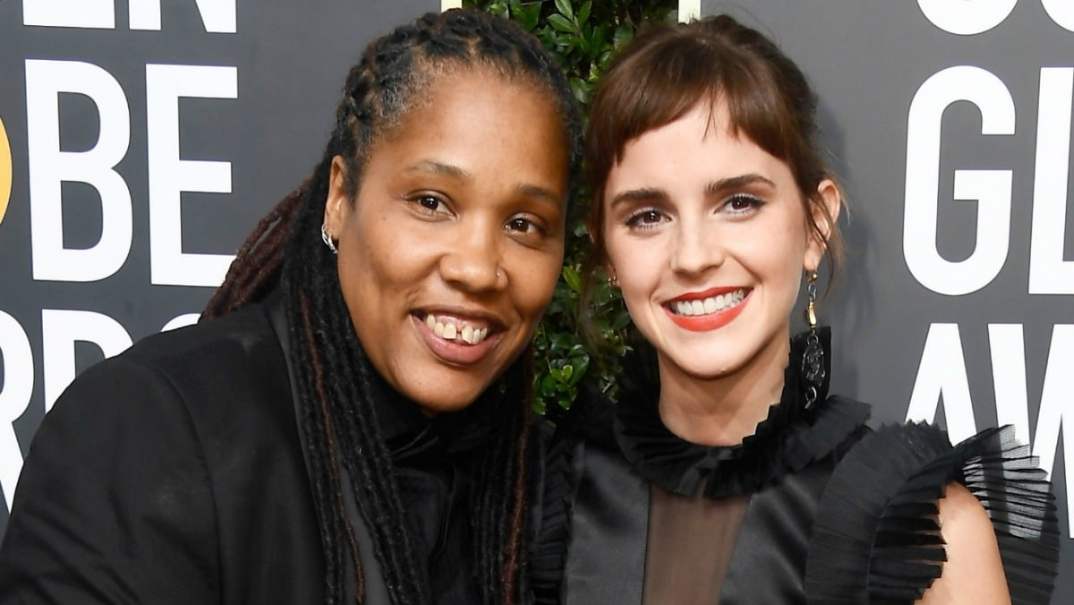Emma Watson pens open letter after being accused of ‘white feminism’

Feminism. It’s a difficult topic that divides people even when it should not. One of the primary examples of this is the way it divides white women from women of color. Intersectional feminism is something that many white women don’t seem interested in which is odd when you think about it. This leads to the continuation of “white feminism.”
Emma Watson, long seen as an example of feminism, good or bad, is finally realizing that exclusive feminism and white feminism are indeed real things. She shared an open letter to her book club, Our Shared Self, in which she discussed her role in feminism and when it began to be magnified.
“When I gave my UN speech in 2014, so much of what I said was about the idea that ‘being a feminist is simple!’ Easy! No problem.”
But that is when things took a turn for her.
— Arrest made after Pittsburgh woman is brutally assaulted by pizzeria employee —
“I have since learned that being a feminist is more than a single choice or decision. It’s an interrogation of self. Every time I think I’ve peeled all the layers, there’s another layer to peel. But, I also understand that the most difficult journeys are often the most worthwhile. And that this process cannot be done at anyone else’s pace or speed.
“When I heard myself being called a ‘white feminist’ I didn’t understand (I suppose I proved their case in point). What was the need to define me—or anyone else for that matter—as a feminist by race? What did this mean? Was I being called racist? Was the feminist movement more fractured than I had understood? I began… panicking.”
— Serena Williams’ health scare should inspire Black women to demand better healthcare —
Read Emma Watson's letter on her white privilege and the issue of white feminism. pic.twitter.com/u51nZqpG6P
— The Guardian (@guardian) January 11, 2018
Emma Watson says she has now begun to purposefully work on connecting with feminists of color in order to get a handle on the unique challenges they face. She is also working towards learning how to use both her privilege and status to give them a boost.
She says that this personal work and partnership is leading her to grow in new ways beyond white feminism.
“As human beings, as friends, as family members, as partners, we all have blind spots; we need people that love us to call us out and then walk with us while we do the work.”
— Professor of ‘White Racism’ class explains why critics got it all wrong —
THIS x100!!! See why it’s better to HEAR the criticisms from POC & feminists who are ethnic minorities. Instead of getting defensive or awkwardly silent?! Emma Watson is a great example of taking correction, educating & improving yourself. Appreciate her. #WhiteFeminism is real. https://t.co/fFySK3Cews
— Kanyana (@MsLetomi) January 10, 2018
Its ok to be excited that Emma Watson is reflecting on her white feminism. Shes a beloved actress from a beloved series & we dont want our idols to be problematic. But it's foolish to tell people to forgive her, stan her or to even give her too much credit. She ain't done nun yet
— braguette (@mxmoondust) January 10, 2018
